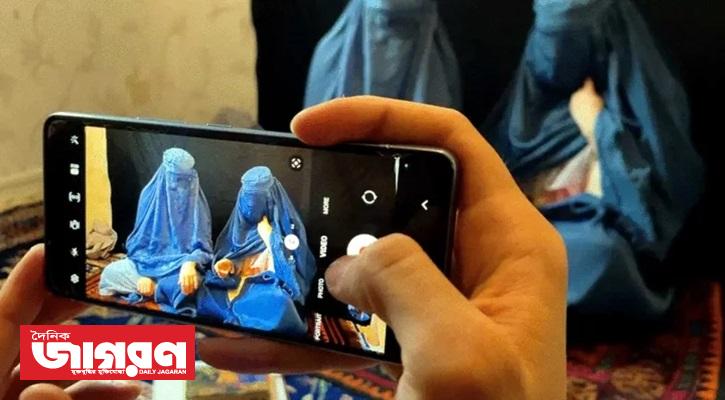As the world watched the Taliban return to power in August 2021, two sisters in Kabul felt like millions of women across the country that the new regime would once again put their lives under iron bars. It didn't take long for their idea to come true.
The two sisters accepted that the Taliban government would not allow them to stand on their own feet. There will be nothing left to say about women's freedom. So they chose their voice as a weapon of resistance. They started spreading the language of protest in the lyrics of the song.
Under the Taliban rule, women's singing is haram, absolutely forbidden. Arrested for singing. Along with cruel punishment. Knowing these dangers, they started the movement by singing songs through a page known as 'Last Torch' on social media. Very soon their page went viral on Facebook and WhatsApp.
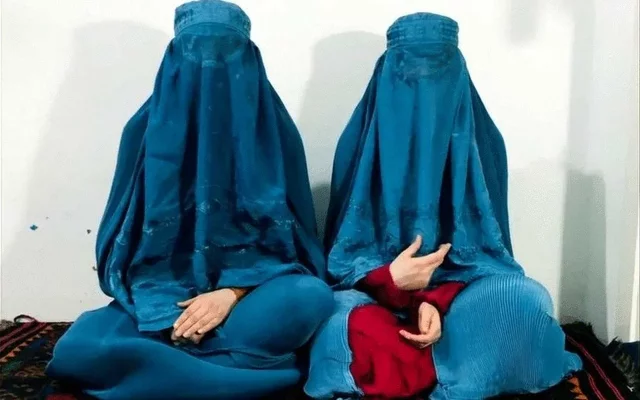
They said that their song page was opened a few days after the Taliban reappeared in Kabul's mosque. Remembering that time, they said, we are going to sing, and we also remember that their lives could be in danger at any time.
Two sisters with no background in music embarked on a great chapter in music wearing burkas to hide their identity. The younger of the two, Shakayek (not his real name), was saying, “Our fight began under the Taliban flag and against the Taliban.”
“Before the Taliban came to power, we never wrote a single poem,” he said. However, it was only because of the Taliban regime that we started singing. And it is a language of protest against the rights of Afghan women and taking away our freedom.
It took less than 20 days for the Taliban vision to clear after returning to power. Imposing sharia law on daily life and limiting women's access to education were among their priorities. Women took to the streets of major cities, including Kabul, to protest, but it was severely suppressed.
Shakayek said, we saw that women are the last light of hope. So we decided to build ourselves 'Last Torch'. Thinking we could get nowhere, we decided to start a secret protest from home. The duo soon released other songs sung in blue burqas.
One of their songs was a famous poem by the late Nadia Anjuman, who wrote it in protest against the first Taliban regime in 1996. A few lines of which were, How can I speak sweet words when my mouth is filled with poison?/ Alas my face is bruised by cruel fists…
As the Taliban banned women's education, Nadia Anjuman and her friends would meet at an underground school, The Golden Needle, where they would pretend to sew while actually reading books. They also wore blue burkas, better known as chadris in Afghanistan.
The older of two sisters, Mashal (also a pseudonym) likens the burqa to a 'moving cage', like a grave, where the dreams of thousands of women and girls are buried every day. This veil is like a stone that was imposed by the Taliban 25 years ago. He is doing the same this time.
The two sisters have released seven songs so far. Each song resonated strongly with women across the country. In the beginning they used to sing songs of other writers, but now they are writing songs themselves. Because, they think, other writers cannot say what they want to say.
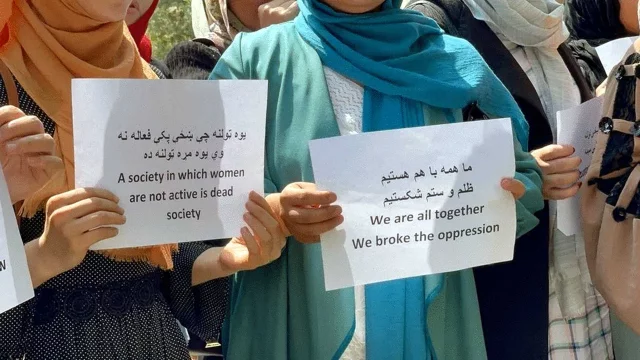
Their themes are suffocating restrictions on women's daily lives, the imprisonment of workers and human rights abuses. Their fans have been giving great responses to the posts of the songs. One of their songs was even performed on stage by a group of Afghan students studying abroad.
Shakayek said he spent many sleepless nights wondering if the Taliban could identify them. We have seen their threats on social media, it says, if we find you, we know how to remove your tongue from your throat.
“Our parents get scared whenever they read these comments,” he said. They say that too much has happened, and Roy, we should stop now… But we tell them we can't, we can't continue our normal life.
The two sisters left the country last year for safety reasons but hope to return to their homeland soon. Sonita Alizada, a professional rapper from Afghanistan now living in Canada, is among those who have praised Last Torch's videos from abroad.
She said, “When I saw two women singing under burqas, I was actually crying.” Born in 1996, Sonita's family fled to Iran after the Taliban seized power. His mother wanted to sell him there. Later went to Canada and got a new life through music.
Sonita said the situation in Afghanistan is now very depressing as we have lost decades of progress. But there is still a light in this darkness. We see individuals struggling with their own talents. Protest is silent, that is the light of hope.
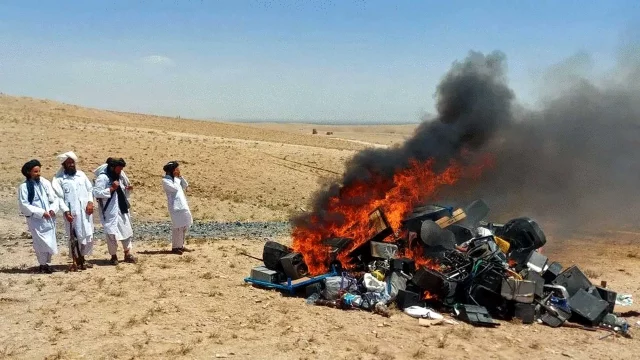
Farida Mahwash, one of Afghanistan's most famous female singers, saw one of the two sisters' latest songs and was captivated. Farida was busy with a musical career for more than half a century until her retirement. Her position is very high among Afghan female singers.
Farida Mahwash said, these two female singers will one day be four, then 10, thus one day they will take the form of thousands of voices. If one day they go on stage, I will stand on stage with them. Will walk with them, even though I have to use a walking stick.
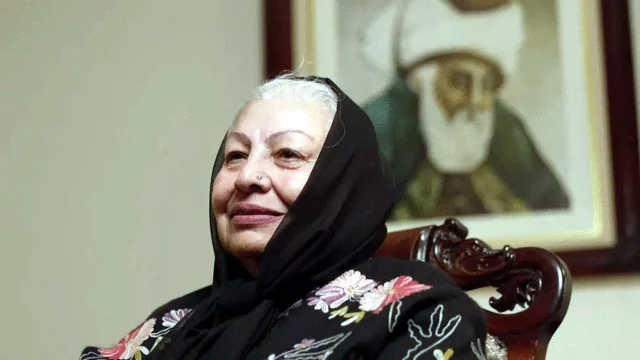
Shakayek and Mashal are working on their next song. They hope to echo the voice of Afghanistan's women in the struggle for freedom. They say, our voice cannot be silenced. We are not tired. This is just the beginning of our fight. BBC.
Awakening/International/SSK

